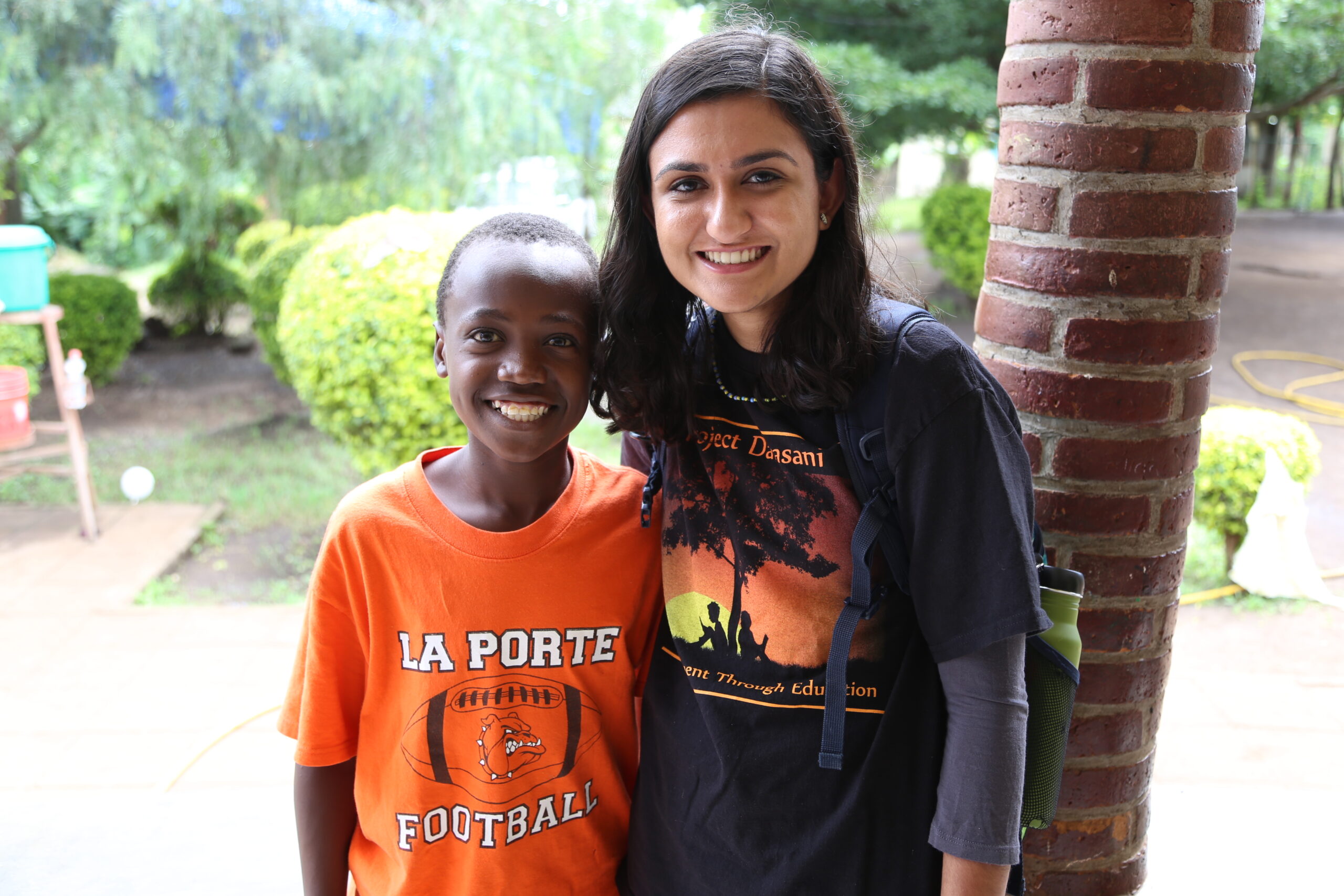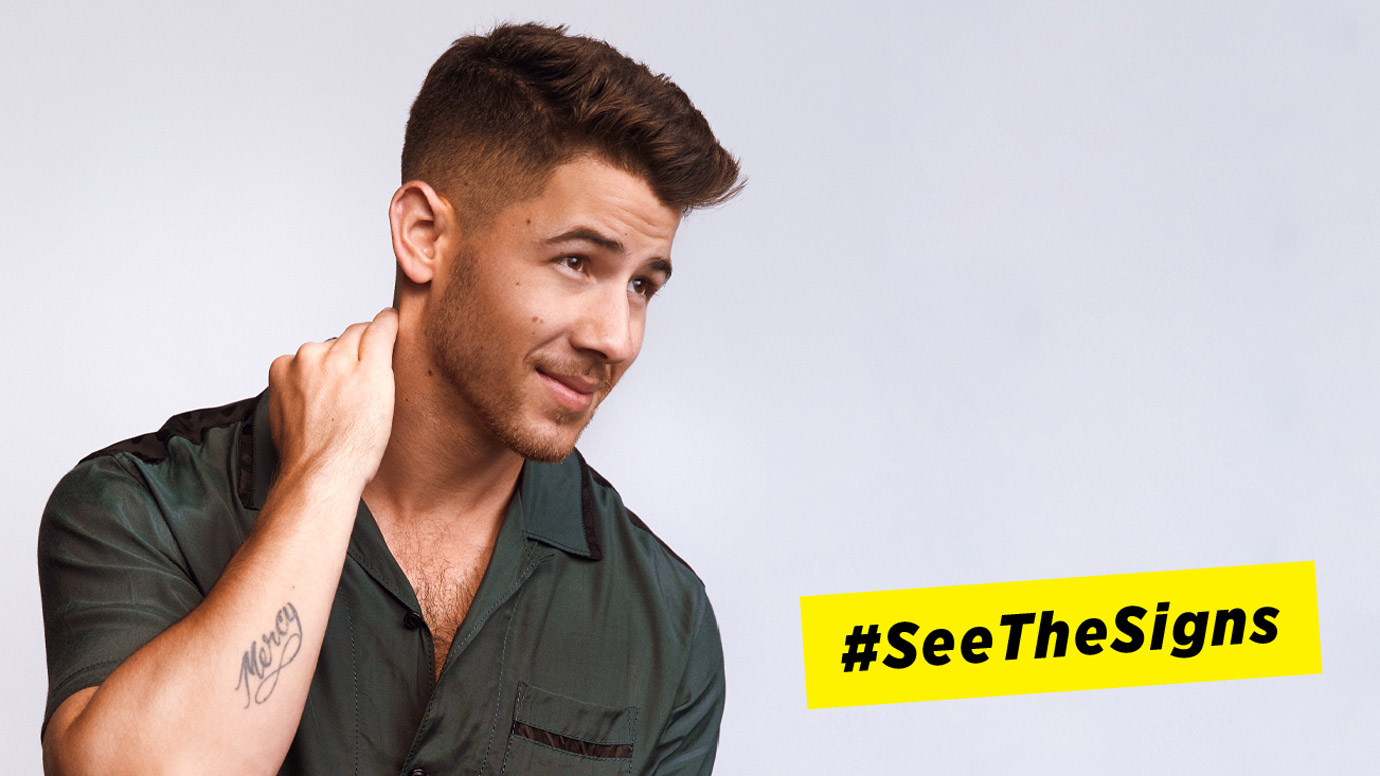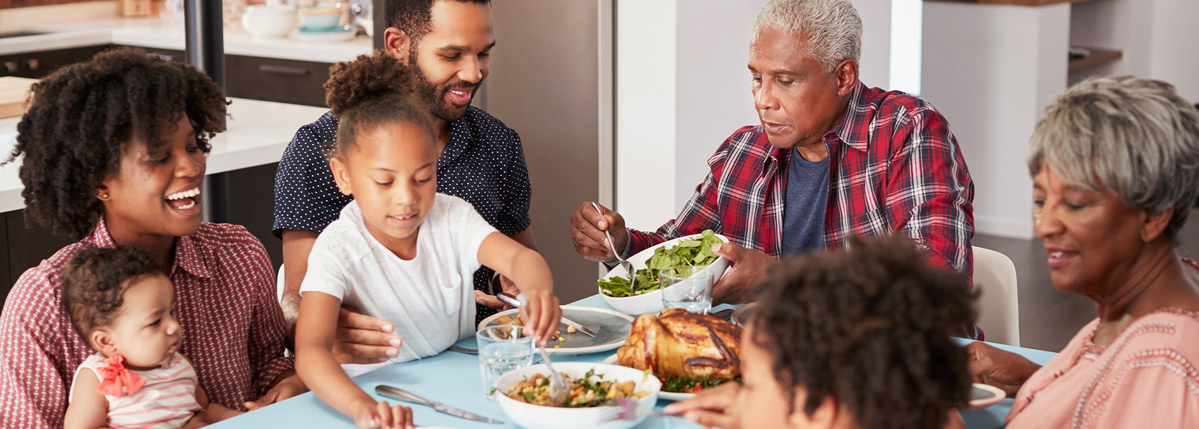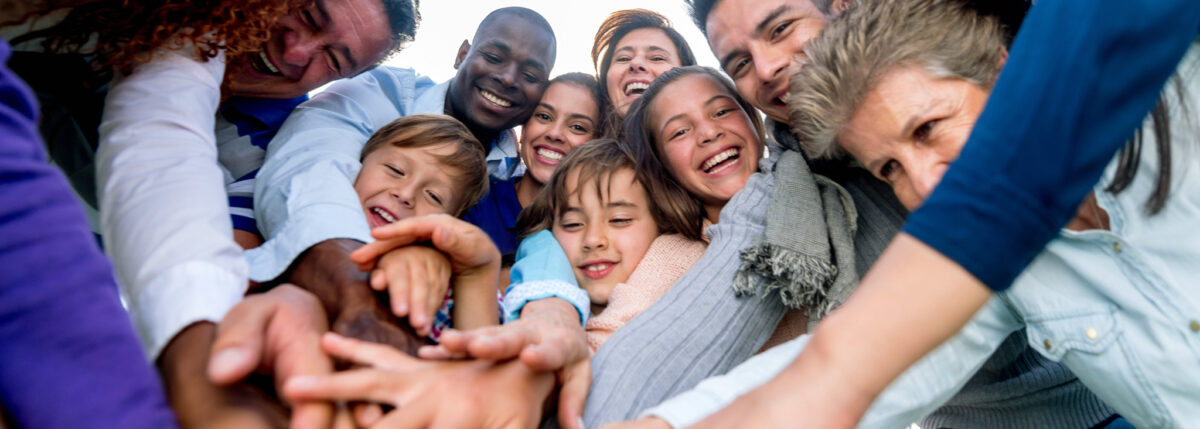Diabetes Scholar Saloni Sharma Talks to Beyond Type 1
Written by: Jordan Dakin
5 minute read
February 19, 2019
Editor’s Note: Saloni Sharma is from Atlanta, Georgia and currently attends August University. She was accepted into a prestigious seven-year biomedical/pre-medical degree program and was awarded a scholarship through Diabetes Scholars in 2016. We caught up with her to find out more about the transition to college life with type 1 diabetes and what her future holds. Interested in Diabetes Scholars + 2019 Scholarship opportunities? Find out more here.
What advice would you give to someone applying for a scholarship through Diabetes Scholars?
To anyone who is applying for the scholarship, make sure you show every facet of yourself. Give a holistic impression of yourself. Diabetes is just one part of you, it doesn’t define you. This is supposed to show who you are overall, and diabetes is just one part.
When were you diagnosed with Type 1 diabetes?
I was diagnosed when I was 11 years old, it was actually right before my 12th birthday. I was diagnosed in the summer, between sixth and seventh grade. I really just went through a period of drastic weight loss, and really, I didn’t know what was going on. It was that time of middle school where I initially was okay with losing weight but my mom was like, “You’re losing too much weight.” It became so much weight loss that, we really needed to see a doctor and find out what’s wrong. When I went to the doctor, they did my blood work, and found that my blood glucose levels were high, and sent me to the Children’s Hospital, diagnosed me with type 1 diabetes, put me on insulin, and I’ve been on insulin ever since.
What was the transition to college life like living with diabetes?
The transition was actually a lot easier than I thought it would be, and that was really made possible by accommodations I got from my university. I have a 504 plan with my university. I go to the Testing and Disability Services every semester, they give me a letter for each of my professors. I’m a Bio major, so I have a lot of science labs and my accommodations allow me to have a system in place, where if I see that my blood sugar is going low, I can step out, take a juice, and then go back in, and it doesn’t affect my grades or my performance in the class at all. The transition has been really smooth, it’s very similar to how my accommodations were in high school, but just applied to the college level. Outside of class, it’s pretty much the same. Because of my Dexcom, my parents can also see my blood glucose readings. On the rare instance that my blood sugar is going really low or really high during the night or anything, my parents can call my roommates, and my roommates also know how to take care of everything. So we have a system in place and the transition was really smooth.
How do you manage your diabetes?
I have an insulin pump. I’m on the Omnipod system, as well as a continuous glucose monitor, and I manage pretty much everything by myself. From when I was first diagnosed to now, I’ve always wanted to take care of everything myself. Of course, my parents and my entire family have been very supportive, but it was something that I wanted to be responsible for. The doctors in the hospital taught me how to calculate how many carbs I would be eating, give myself shots and I manage everything myself. Of course, technology has improved so much in the last nine years. It has made it so much easier to take care of everything. The continuous glucose monitor just makes life so much easier, and the pump makes it so that I don’t have to keep pulling out a new syringe every time I want to take insulin. I have pretty good control over everything, so the combination of the two has really helped me control my diabetes.
What inspired you to pursue your BioMed/PreMed degree?
I’ve always wanted to go into medicine, but for sure being a person with diabetes definitely played a role—just being in the hospital, going to the endocrinologist, having the patient’s perspective, I think that kind of gave me the encouragement to pursue a career in healthcare. So often, we only think about things from the doctor’s perspective, and having diabetes, having gone through this experience, it made me think more from the patient’s perspective, which I think is really important for physicians to have. I’ve been given a unique perspective, which I’m really grateful for. That’s a huge factor and why I was so adamant about pursuing medicine.
Is there anything outside of your studies that you’re involved in?

I’m very passionate about volunteering. From middle school and high school onwards, even now, I volunteer a lot. I have my own non-profit called “Project Darasani,” and we send kids to school in Tanzania. That’s a huge part of my life. That’s something that I still continue to do, even in college, outside of academics and even on campus in Augusta, there are always things to do to volunteer in the community.
What are some of your goals for the next couple of years?
I’m in a seven-year med program, next year I’m actually starting medical school. I think that one of my goals is to get my MD and just be the best doctor I possibly can, and make a difference in the lives of patients. Having diabetes, I’ve met a lot of doctors who really had a positive impact in my life. I’ve seen the value of having a good health care professional. I wanna make that kind of positive difference, that’s definitely one of my goals. Personally, in the next few months I want to run another half marathon. It’s been a while since I’ve been able to do that.
Do you know what type of medicine you want to practice?
I’ve been interested in orthopedics, but I’m trying to keep an open mind as I go in because a lot of people change their minds as they go towards their rotations, in their third and fourth years.
What advice would you give to someone who’s making the transition from high school to college who is living with Type 1 diabetes?
I’m actually a tour guide here at my university, and I remember when I was first coming to college, one of the big discussions that I had with my parents, was that my university offered accommodations, but did I even want to take advantage of that. For some reason there’s this stigma, we have accommodations, but should we use them? I personally think if your school is giving you the option of having accommodations, you should take it. I’m so glad that I took my accommodations, because it frankly makes life easier, just in the sense that once, in three years, once, my blood sugar went low during a test, and my professor was totally okay with the fact that I raised my hand, I was like “My blood sugar is low, I need five minutes, I need to get juice and wait for it to come up a little bit. Once it’s up, I’ll keep going.” The professor was completely okay with that, but if I hadn’t had accommodations, she may not have been.
The part about being away from your parents, dealing with that, that’s just part of the transition to college from high school, for every student. Everyone’s going through it. That’s not really, diabetic-specific, that’s every college freshman. That applies to every college freshman. So, everyone’s going through that. The part where you might be having lows and highs, your parents don’t know about that, you have to communicate that with your parents because your parents are also really stressed. I know my parents were freaking out when I first came to college, and they could see that my blood sugar was low through the Dexcom. Over time, they also got used to it, and I got used to it. It just takes time to get used to the whole change, but definitely the biggest thing is take advantage of the accommodations, and talk to your parents about the changes, like being away from them, and making sure that you’re keeping track of your numbers.

Author
Jordan Dakin
<a href="https://beyondtype1.org//leadership/jordan-dakin/">Jordan</a> recently graduated from the University of California, Los Angeles after earning her BA in English and Film Studies. She is a passionate storyteller, traveler and lover of people and hopes to use her experience working in tech and as a writer to advocate for the BT1 community. In her spare time, she also enjoys hiking, karaoke and cooking for friends. Check her out on Instagram: <a href="https://www.instagram.com/jordanemilydakin/">@jordanemilydakin</a>.
Related Resources

Editor’s Note: Get involved in Beyond Type 1’s #SeeTheSigns of diabetes campaign! Share your signs to...
Read more

It seems the number of people diagnosed with prediabetes has been progressively increasing. It is...
Read more

Diana Isaacs, PharmD, BCPS, BCACP, BC-ADM, CDCES, is a pharmacist with board certifications in pharmacotherapy,...
Read more

